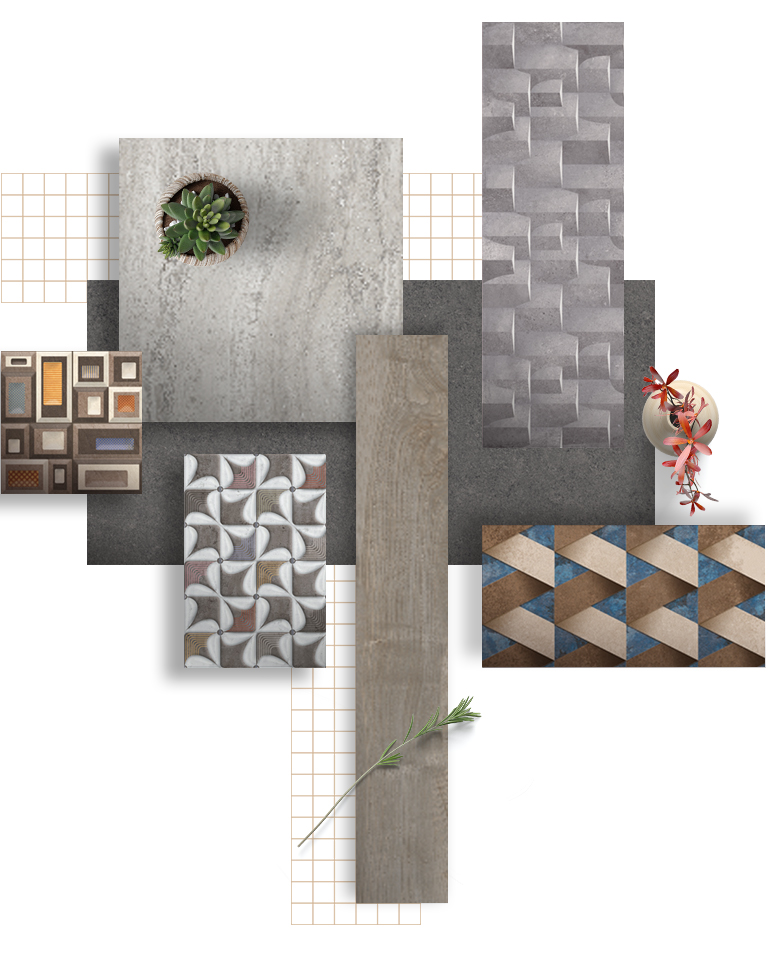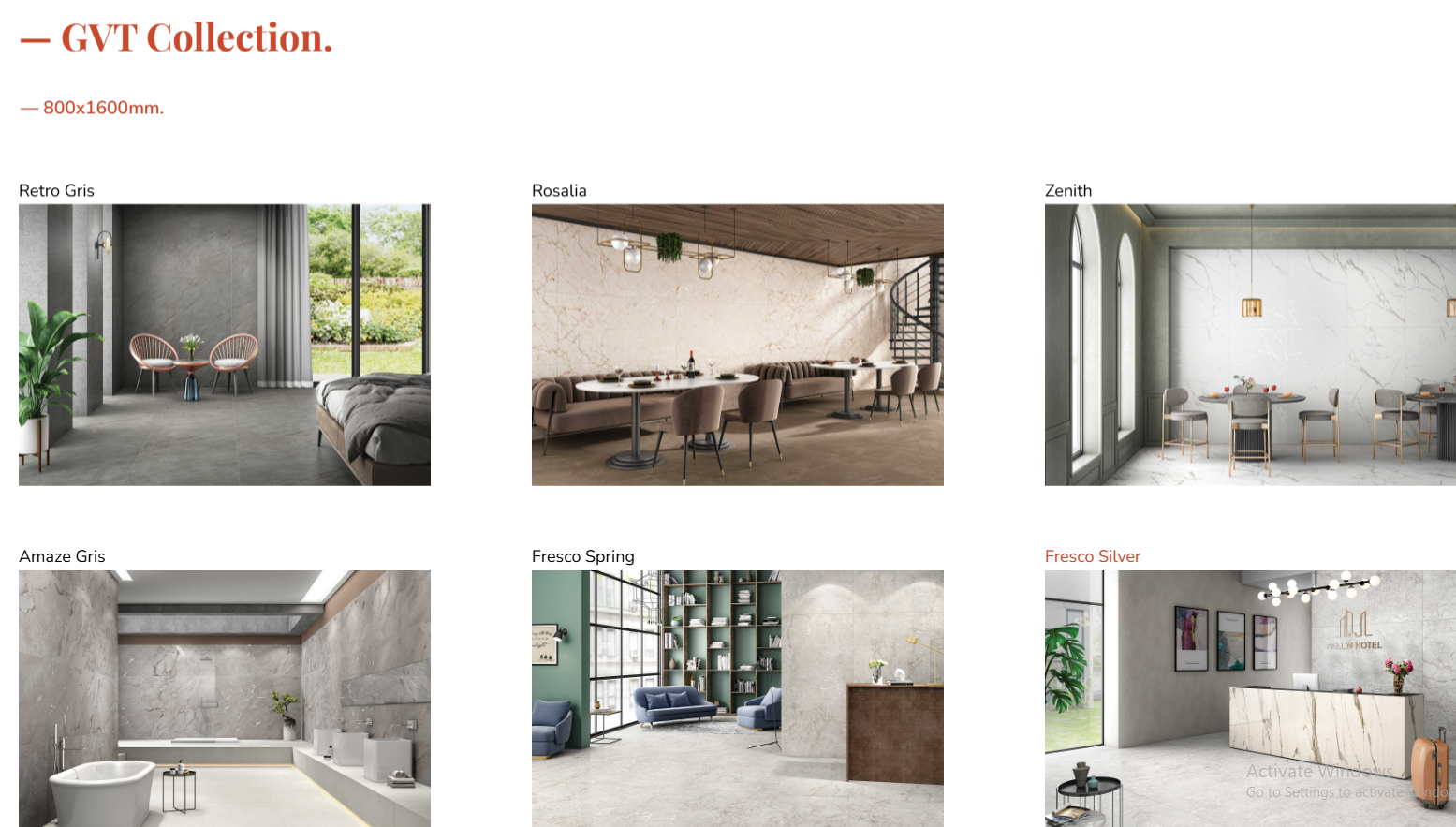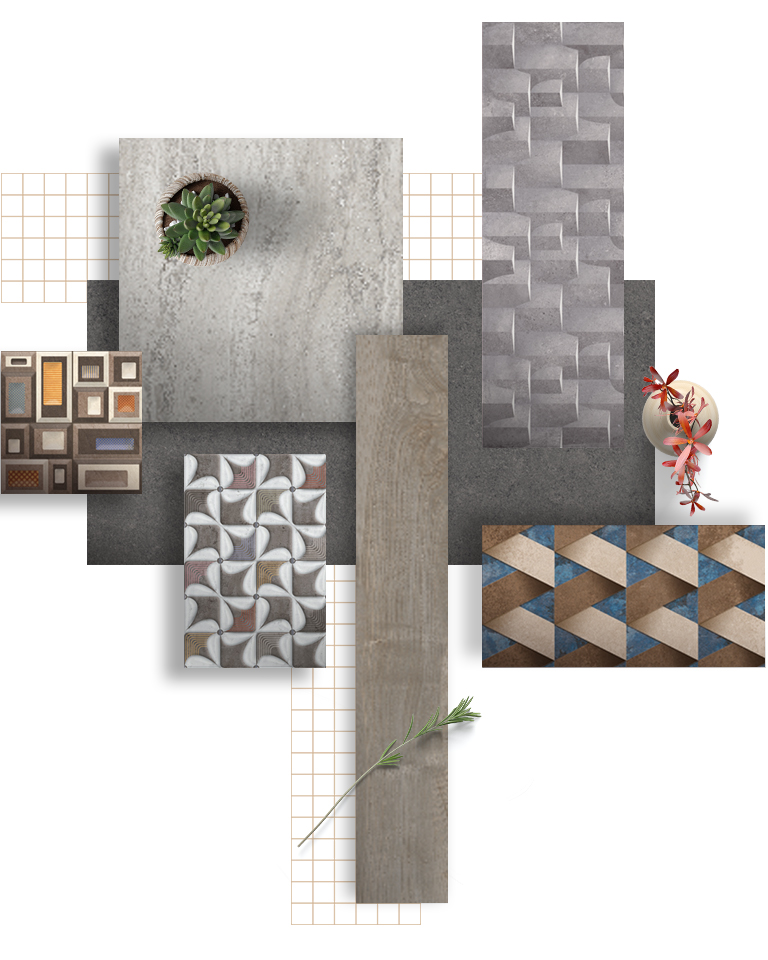A Comprehensive Guide to Ceramic Tile Manufacturers in India

India's ceramic tile industry, featuring a multitude of prominent Ceramic Tiles manufacturer in India, has witnessed remarkable growth in recent decades, transforming from a primarily domestic supplier to a significant player in the global market. This guide provides a comprehensive overview of the industry, highlighting key manufacturers, trends, and factors influencing its development.
The Rise of India's Ceramic Tile Industry
India's strategic geographical location, abundant raw materials, and skilled labor force have contributed to the rapid expansion of its ceramic tile manufacturing sector. Initially, the industry catered primarily to domestic demand, driven by the country's burgeoning construction and real estate sectors. However, with advancements in technology and a focus on quality, Indian manufacturers have successfully penetrated international markets, earning a reputation for producing high-quality and competitively priced tiles.
Key Manufacturing Hubs: Morbi and Beyond
The city of Morbi in Gujarat stands as the epicenter of India's ceramic tile manufacturing. Often referred to as India's "Tile City," Morbi houses a significant concentration of manufacturing units, contributing a substantial portion of the country's total tile production. However, other regions, including Rajasthan, Andhra Pradesh, and Tamil Nadu, also boast thriving manufacturing clusters. These regional hubs often specialize in particular types of tiles, such as vitrified tiles, wall tiles, or floor tiles, catering to diverse market demands.
Types of Ceramic Tiles and Manufacturing Specializations
Indian manufacturers produce a wide range of ceramic tiles, including:
Vitrified Tiles: These tiles are known for their durability, strength, and low water absorption, making them ideal for high-traffic areas.
Porcelain Tiles: Similar to vitrified tiles, porcelain tiles offer superior strength and resistance to wear and tear.
Ceramic Wall Tiles: These tiles are primarily used for interior wall cladding, offering aesthetic appeal and easy maintenance.
Ceramic Floor Tiles: Designed for flooring applications, these tiles are available in various sizes, finishes, and designs.
Digital Printed Tiles: Leveraging advanced digital printing technology, manufacturers create tiles with intricate designs and patterns.
Manufacturers often specialize in specific tile types, focusing on optimizing production processes and achieving high-quality standards.
Technological Advancements and Innovation
The Indian ceramic tile industry has embraced technological advancements to enhance production efficiency and product quality. Automation, digital printing, and advanced kiln technologies are widely adopted, enabling manufacturers to produce tiles with superior finishes and intricate designs. Furthermore, there's a growing emphasis on sustainable manufacturing practices, with manufacturers investing in energy-efficient technologies and eco-friendly production processes.
Factors Influencing Market Dynamics
Several factors influence the dynamics of the Indian ceramic tile market:
Infrastructure Development: The government's focus on infrastructure development and affordable housing projects drives demand for ceramic tiles.
Real Estate Growth: The expansion of the real estate sector, both residential and commercial, fuels the demand for high-quality tiles.
Export Opportunities: The growing demand for Indian ceramic tiles in international markets presents significant export opportunities.
Raw Material Availability: India's abundant raw material reserves provide a competitive advantage to domestic manufacturers.
Competitive Pricing: Indian manufacturers offer competitively priced tiles, making them attractive to both domestic and international buyers.
Challenges and Future Outlook
Despite its impressive growth, the Indian ceramic tile industry faces challenges, including fluctuating raw material prices, increasing competition, and the need to adapt to evolving consumer preferences. 1 However, with a focus on innovation, quality, and sustainability, Indian manufacturers are well-positioned to overcome these challenges and maintain their competitive edge. The future outlook for the industry remains positive, driven by continued infrastructure development, rising disposable incomes, and increasing export opportunities. As technology continues to improve, and the demand for aesthetically pleasing and high quality tiles increases, the indian ceramic tile market will continue to grow.
Note: IndiBlogHub features both user-submitted and editorial content. We do not verify third-party contributions. Read our Disclaimer and Privacy Policyfor details.







